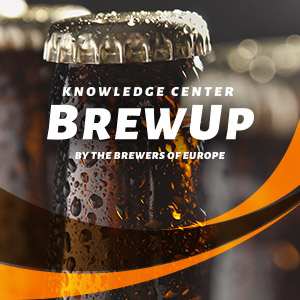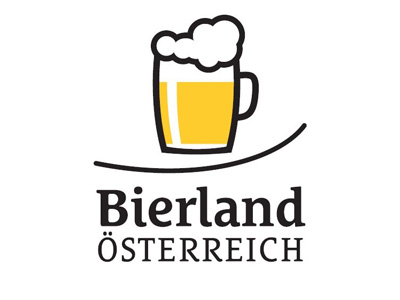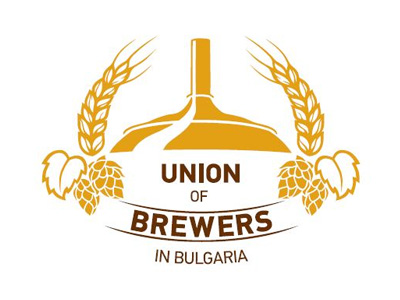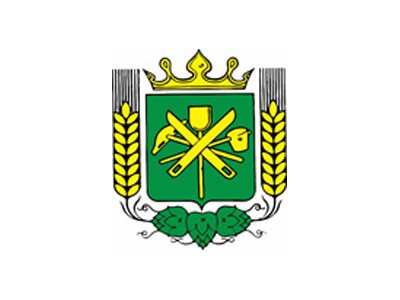
Operational water source vulnerability report
- brew
- 20/12/2009
- 1994
- Brewery management
This study addresses the diversity in approaches to sustainable water management by providing further clarity to the Brewers Environmental Resources Management 2 Project 0157302 - The Brewers of Europe of Europe on the most applicable and relevant water stress identification and assessment tools and methodologies for the brewery sector. The purpose is to equip Brewers with the knowledge and understanding of the tools currently available to assess effective and potential water risks now and in the futures and that meet the needs of individual companies. The tools and methodologies reviewed focus on evaluating risks of production facilities (and not the supply chain e.g. agriculture).
Introduction
Stresses resulting from water-related impacts such as water shortage, declining water quality and excess water flows, have the potential to cause widespread disruption to an organisation’s operations and profitability by increasing production, development and maintenance costs, incurring revenue losses, and acting as a constraint to growth. In addition, mismanagement of community water resources can lead to significant reputational cost for businesses that can have broader implications. Without any sense of water stresses and associated risks, companies are inadvertently betting that water will be available in the long term.
The brewery industry is one sector that is particularly exposed to water stress, as water forms a fundamental component of its product – both as ingredient and in the brewing process – and a significant aspect of its value chain. It is therefore of particular importance for the industry to understand the water challenges, stresses and risks it faces to make better management decisions. The importance of understanding water stress to organisations operating in the brewery and broader beverage industry is reflected in the level of understanding exhibited by participants in the sector. Respondents to the 2011 CDP Water Disclosure from the ‘Consumer Staples’ sector reported high performance levels in water management and governance and significantly higher levels of water risk awareness than the average of all sector respondents.
To enable organisations to respond more effectively to the diversity of water stresses and water risks affecting modern business, a broad range of guidance documents, tools, standards and schemes focussed on more sustainable and integrated water management practices have been developed.
Purpose and Scope of this study
The objective of this study is to address the diversity in approaches to sustainable water management by providing further clarity to the Brewers Environmental Resources Management 2 Project 0157302 - The Brewers of Europe of Europe on the most applicable and relevant water stress identification and assessment tools and methodologies for the brewery sector. The purpose is to equip Brewers with the knowledge and understanding of the tools currently available to assess effective and potential water risks now and in the futures and that meet the needs of individual companies. The tools and methodologies reviewed focus on evaluating risks of production facilities (and not the supply chain e.g. agriculture).
Library
This library contains a description of various state of the art tools and methodologies that focus on assessing water vulnerability and associated risk. Some of these tools have been used/piloted by companies within the beverage sectors to measure their water vulnerability and assess associated risks. This library is by no means exhaustive and may require updating in the future as tools are further developed and new tools and methodologies become available. The library also includes a decision tree to guide users through the different tools.










